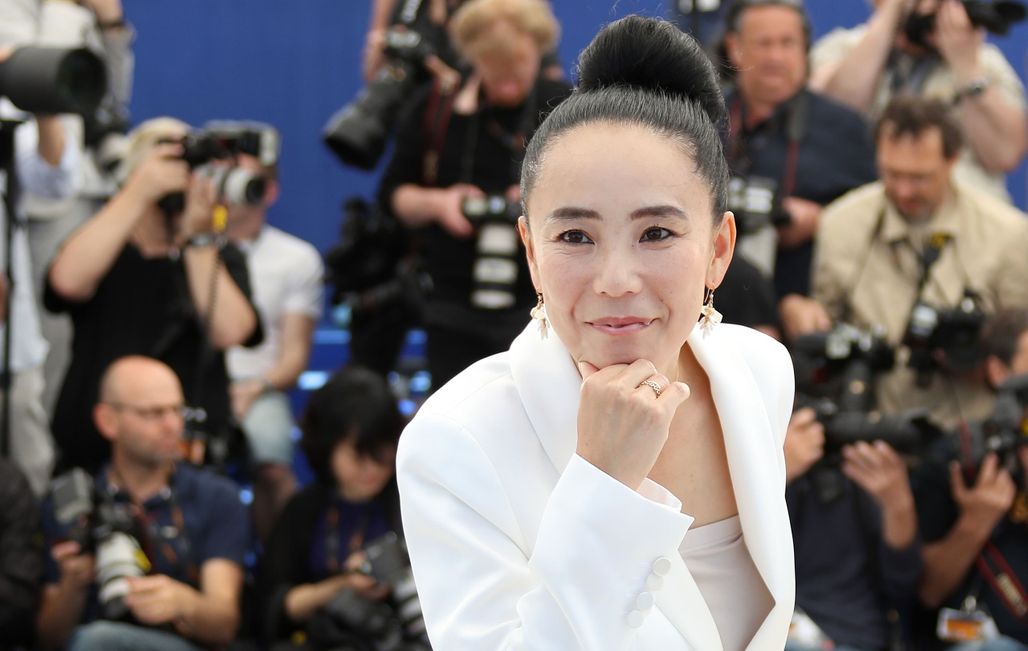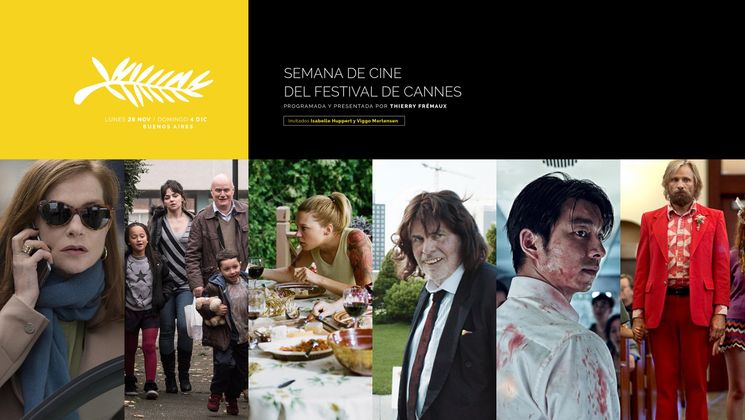
Interview with Naomi Kawase, President of the Cinéfondation and Short Films Jury

After graduating from film school in 1989, Naomi Kawase very quickly began to make documentaries, a genre that is close to her heart and which still inspires the way in which she directs fiction today. Though made with limited resources, her films quickly earned her international recognition. At Cannes, in 1997, the filmmaker became the youngest ever winner of the Caméra d’or with Suzaku, before winning the Jury Grand Prix for The Mourning Forest ten years later. Here, she tells us about her debut behind the camera.
How important are short films in the career of a filmmaker?
To me, they were very important because when I first started out, I didn't have the same financial backing as I do today. It would have been difficult for me to access a big enough budget to make a feature film straight away. Short films were therefore a way to still be able to make movies. This format was also an important step in my career. Obviously, short films enable a young director to practise their craft, but also to be evaluated, and hopefully recognised.
How do they prepare you for your first feature film?
Suzaku, my first feature film, was about family, a theme that I also addressed in my last short film, which I had just finished making. There was a definite sense of continuity between the two films, which is why I feel that, on the whole, short films are an important precursor to a first feature-length film.
Do you think attending film school is essential?
I spent two years at film school and I do feel it's an important step, because you get to meet people who have the same goals as you, who aspire to achieve the same dream. Of course, there will be people who support and advise you, but there will also be rivals, who may try to derail your plans.
How important is it to be a film lover when making a first film?
I had hardly seen any films when I started out, and yet I was capable of making one! The danger of being a real film buff, is that you'll end up imitating too much, and lose the originality that you have in you. I think it's important for a first film not to address too many things that have already been explored.
“The problem, when you’re making your second film, is that you tend to overplay the first.”
When making a first film, what mistakes should be avoided?
I think you can get away with anything on your first film! What you mustn't forget, is to capitalise on whatever it is that only you are capable of doing. For my part, I think I made a mistake, I wrote the screenplay for my first film based on my imagination and when I directed it, I tried to stick scrupulously to the script. I didn't let it live.
How can you ensure your second film is a success, when you have lost that innocence from the first time round?
When your first film is a success, usually it's the opposite with the second one! My first film won the Caméra d’or at Cannes, whereas the second didn't even make it to DVD! The problem, when you're making your second film, is that you tend to overplay the first, and it's the wrong way to go about it. The best thing is to start from scratch. In general, the people around you want to see the same energy as with the first time round.
As someone who has had the opportunity to discover the work of young directors, what do you think of the new generation of filmmakers?
They address issues that were not even touched upon fifty years ago. That's what characterises this generation.

